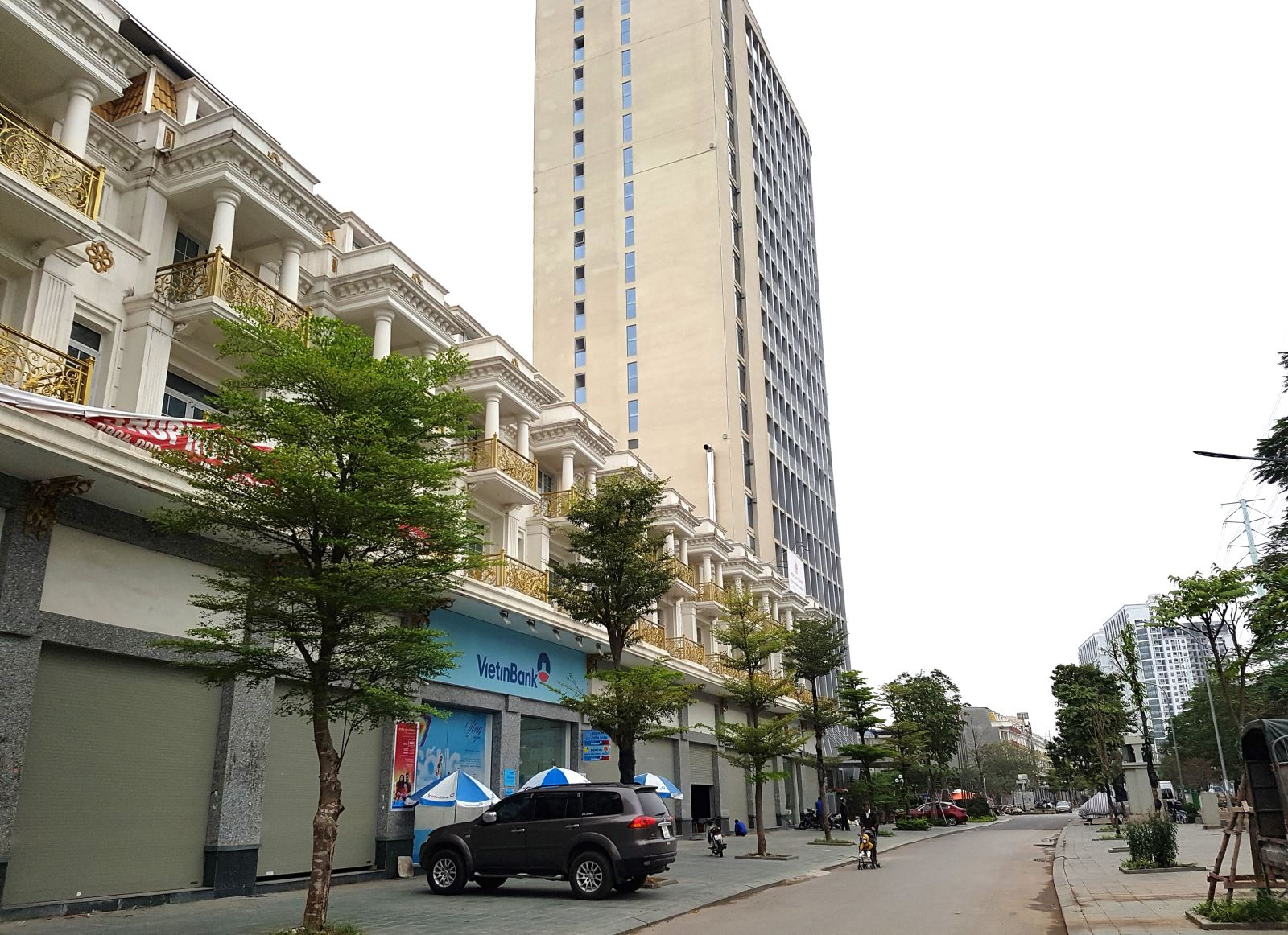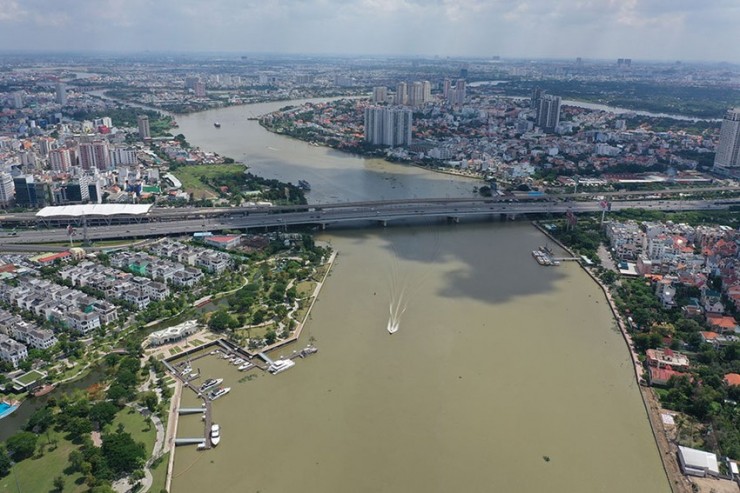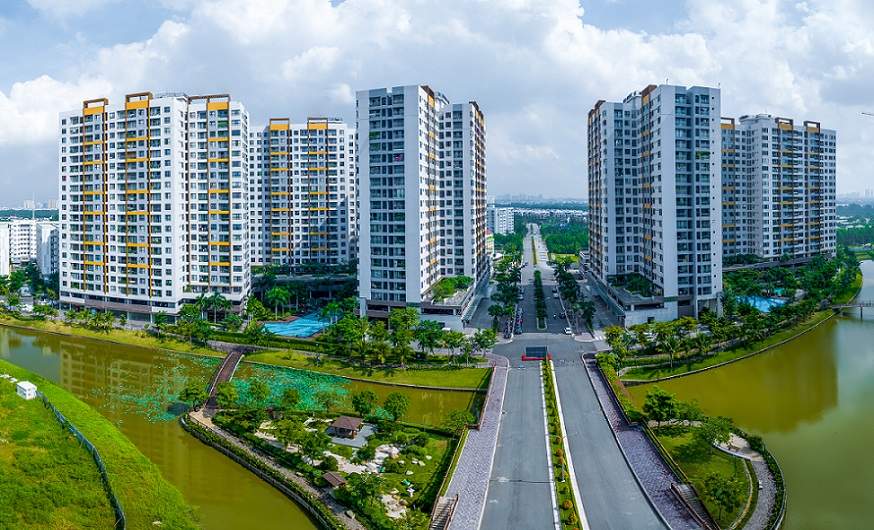Mr. Dang Van Thanh: Market economy is not humble and always eliminated, sugar enterprises should not expect the government’s support but have to face challenges themselves!
If we protect the sugar industry, how about milk, how about confectionery, and others industry. If so, it is definitely distorted? Mr. Dang Van Thanh questioned. Then, "Just let's it go, because Vietnam has land fund and favorable climate " he emphasized.
Making speech at the annual Shareholders' Meeting of Thanh Thanh Cong Bien Hoa (SBT), Mr. Dang Van Thanh has shared the above comments on behalf of two positions: Firstly, He is the big investor (Thanh Cong Cong (TTC) with 5 key businesses including sugarcane known as SBT) and secondly he is the head of the company that is responsible for as well as support center for SBT.
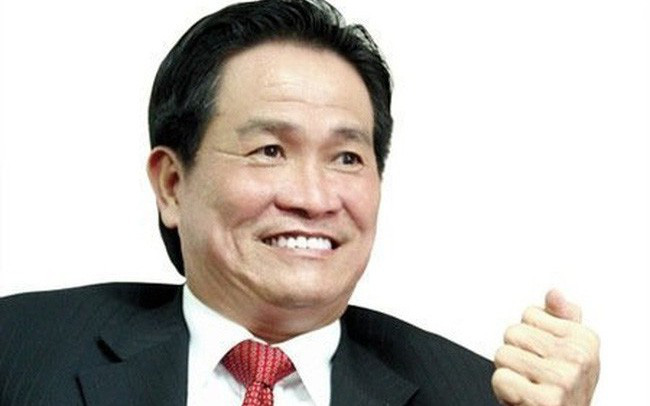
Vietnam sugarcane industry has advantages of soil, diligence, high demand
It has been around a decade that Vietnam was one of the countries importing sugar, using foreign currency to import sugar to balance domestic demand. Up to now, and especially until recent time, we have been able to balance and participate in exports, although the scale is still small, but that is a very good signal for the country in general and for the farmers in particular. But, contrary to that, it is also a big challenge for the sugar enterprises, Mr. Thanh emphasized. Currently with 40 sugar factories and the conditions of Vietnam in the past time, we must say it is a huge effort of sugar enterprises in general, and SBT in particular.
On the one hand, our country has favorable soil conditions, diligent work force, and great market demand, whereas we have to parallelize with the mechanical challenge, competition of plant varieties, etc which have created a context including both the difficulties coming and advantages.
Therefore, the Government have delayed the ATIGA until January 2020, but we still have only four harvest seasons. In that tough time, according to the group leader, sugar enterprises were so difficult that they had to pay sugar cane to farmers by sugar, and then the farmers had to take that sugar to trade in the market by an amateur way, thereby making the price difficult again. Consequently, difficulties continued to pile up!
On the other hand, the second biggest problem is the overwhelming problem of smuggled sugar, Mr. Thanh said it can can not be blamed because this is the cycle, accordingly reality happened the same.
Sugar enterprises can not expect the Government’s support but have to face challenges themselves
However, during that crisis, Mr. Thanh asserted not only SBT but also Vietnam’s whole sugarcane industry in the integration process can not wait for the Government, but have face the real situation, because this is market economy that operates under the rule of elimination and zero – tolerance. "In short, we have to face with the market," Mr. Thanh said.
Because of that, the issue of raw material area has been emerging as a big challenge for enterprises, and SBT is also trying very hard with the problem of limitation in land ownership. Accordingly, we can not hurriedly apply technique but have to organize very meticulously in order to encourage farmers, especially small ones, to work together to create big field. Then, we can mechanize it. These are the challenges!
If there is no mechanics, in the future there are no more sugarcane labors!
Besides, we have to introduce farming techniques, before that we must have the design for the region, because it is impossible to have mechanization without plan. In a wider point of view, we must agree that the Vietnamese economy is a developing one so the labor force is increasingly limited. Consequently, if we don’t mechanize then there are no more sugarcane labors!
So, sugarcane planting is really a problem, from the design of the area, from farming techniques, how to set up insect trap light at night in order to replace the insecticide and using new techniques such as " red eye bee "or" deep ploughing".
Regarding the technique of " deep ploughing", according to the Vietnamese farmers’ traditional method, we have just ploughed 3 cm the first soil layer. Time by time attending international conferences, we have exchanged knowledge between farmers and farmers including Brazilian farmers, Australian farmers, American farmers that we can understand the deep ploughing means we have to plough 6-8 cm. Why?
As nutrients are still inside the soil and with such deep ploughing that we have enough moisture to protect against the sunlight - even with a long planting time from 10, 20 to 30 days the sugar canes still grow. Especially the roots will develop longer and deeper that help the cane stand firm, not collapse by small whirlwinds. It is a farming technique that brings both efficiency and productivity into production.
Another issue of organization in production is that we have many enterprises owning closed process, but the story also extends to the yield variance, especially the strong investment in clean electricity supports very much for sugarcane production. Besides that, the drying bagasse, and the application of organic fertilizer ... also supports enhancing productivity.
All those works only aim to the ultimate goal of increasing competences, having sufficient budget not only to ensure the rights of enterprises and shareholders, but also to enhance ability to support farmers in return, Mr Thanh said.
“How to bring SBT’s voice in Indochina”
Particularly, SBT has been present in Laos and Cambodia, however, it is still keen on bringing the plant to Cambodia, "How to bring SBT’s voice in Indochina." Besides, when ATIGA being passed there will be no more borders for sugar industry, the rescheduling of a year is enough, we do not expect for support any more in order to avoid the market economy becoming distorted.
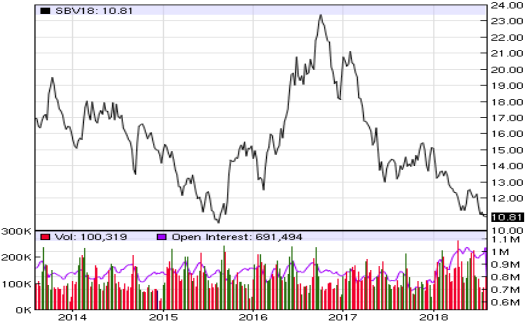
If we protect the sugar industry, how about milk, how about confectionery, etc. If so, it is surely distorted? Mr. Dang Van Thanh questioned. Then, "Just let's it go, because Vietnam has land fund and favorable climate " he emphasized.
Looking at the current situation of the sugar industry in Vietnam, in recent years it has been constantly facing difficulties, from the world sugar prices coming into the extended downturn cycle to the ATIGA agreement regulating that ASEAN countries must treat each other with equivalent to or more favorable than the preferential tariff for FTA partners and the compulsory reduction of sugar import duties to 5% makes the domestic sugar lose competitiveness, especially when the Thailand sugar becomes dominant thanks to the cheaper price from VND 2,000-2,500/ kg compared with ours.
From micro point of view, the sugar enterprises’ challenges vary from facing with smuggled sugar leading to the risk of bankruptcy to the concerns about the decision to impose excise taxes on beverage will affect business operations.
Source: CafeBiz

